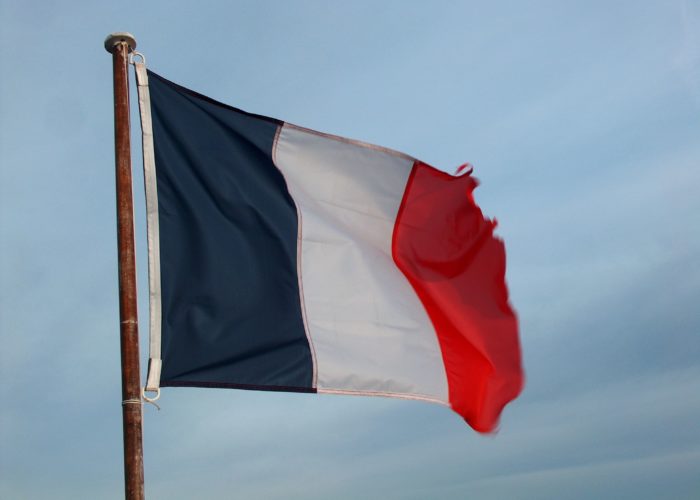La Marseillaise
Theme: The arts in the Age of Revolution, Revolutionary ideas, Social and cultural revolution, French revolution
Soldiers have always sung to keep their spirits up, and wars always produce songs. The Marseillaise is one of the most memorable war songs ever written. It tells us about the hopes and fears of French soldiers in 1792, during the French Revolution. In 1795 it became France’s national anthem and is now known today all over the world.
In 1792, France was in the midst of a revolution, increasingly inspired by ideas of freedom and equality. The French Revolution overthrew the monarchy and led to the creation of a republic, bringing with it a spate of violent and bloody wars as other countries opposed the changes and responded to the threat. In the face of invasion from Prussia and Austria, at a dinner for French army officers in Strasbourg, the mayor, Baron de Dietrich, expressed disappointment that he knew of no good martial song to rally the spirits of the revolutionary troops. He asked Claude Joseph Rouget de Lisle, a composer serving as a captain in the Strasbourg garrison, to write one.
De Lisle wrote the song during the night of the 15-16th April (reportedly assisted by quite a lot of champagne). At first it was titled Song of the Rhine Army. It became known as the Marseillaise after the troops from the National Guard of Marseille adopted it as their marching song. The lyrics contain many images of blood and carnage but the main message is uplifting. Encouraging all Frenchmen to come forward to defend their nation; to remember their enemies are not free but ruled by tyrants and despots, and if they all rally together the people and their country will retain the freedoms they have just won from King Louis XVI. The chorus’s call “to arms, citizens” linked war, citizenship, and nationalism, three words that would dominate European history in the decades to come. New nations created over the next century would often adopt their own marching anthems, like their flags, in imitation of the French.
Ironically, De Lisle was a Royalist, not a republican. His opinions nearly got him guillotined in 1793. But he survived the Revolution and died peacefully in 1836. His song ceased to be the national anthem when the French monarchy was briefly restored. It was reinstated by the Third Republic in 1879 and remains France’s national anthem to this day.
You can listen to La Marseillaise here.
Did you know..?
The Beatles’ famous song of peace and love ‘All you need is love’ starts with the intro to the Marseillaise.
Use our Classroom resources to investigate this object, and the themes of the French revolutionary and Napoleonic wars, the French revolution and The Arts in the Age of Revolution further.
Highlights:
- Using objects, artworks and other sources to find out about the past
- Enquiry: Was the French Revolution true to its principles of Liberte, Egalite, Fraternite?
- Using museum collections as creative starters
And much more…
Sources & acknowledgements
This object description and its related educational resources were researched and written by our team of historians and education specialists. For further information see the item’s home museum, gallery or archive, listed above.
- Enquiry Questions
-
Did you know..?
The Beatles’ famous song of peace and love ‘All you need is love’ starts with the intro to the Marseillaise.
-
Education overview
You can access a range of teachers resources related to this object and more on our education page.
Please also see our glossary of terms for more detailed explanations of the terms used.
-
Curatorial info
- Production Date: 1792
- Creator: Claude Joseph Rouget de Lisle
- Creation Place: Strasbourg
- Original record
-
Use this image
Image courtesy of fdecomite via Flickr, licensed under Creative Commons
- License Type:
The audio is in the public domain
- License Type:



